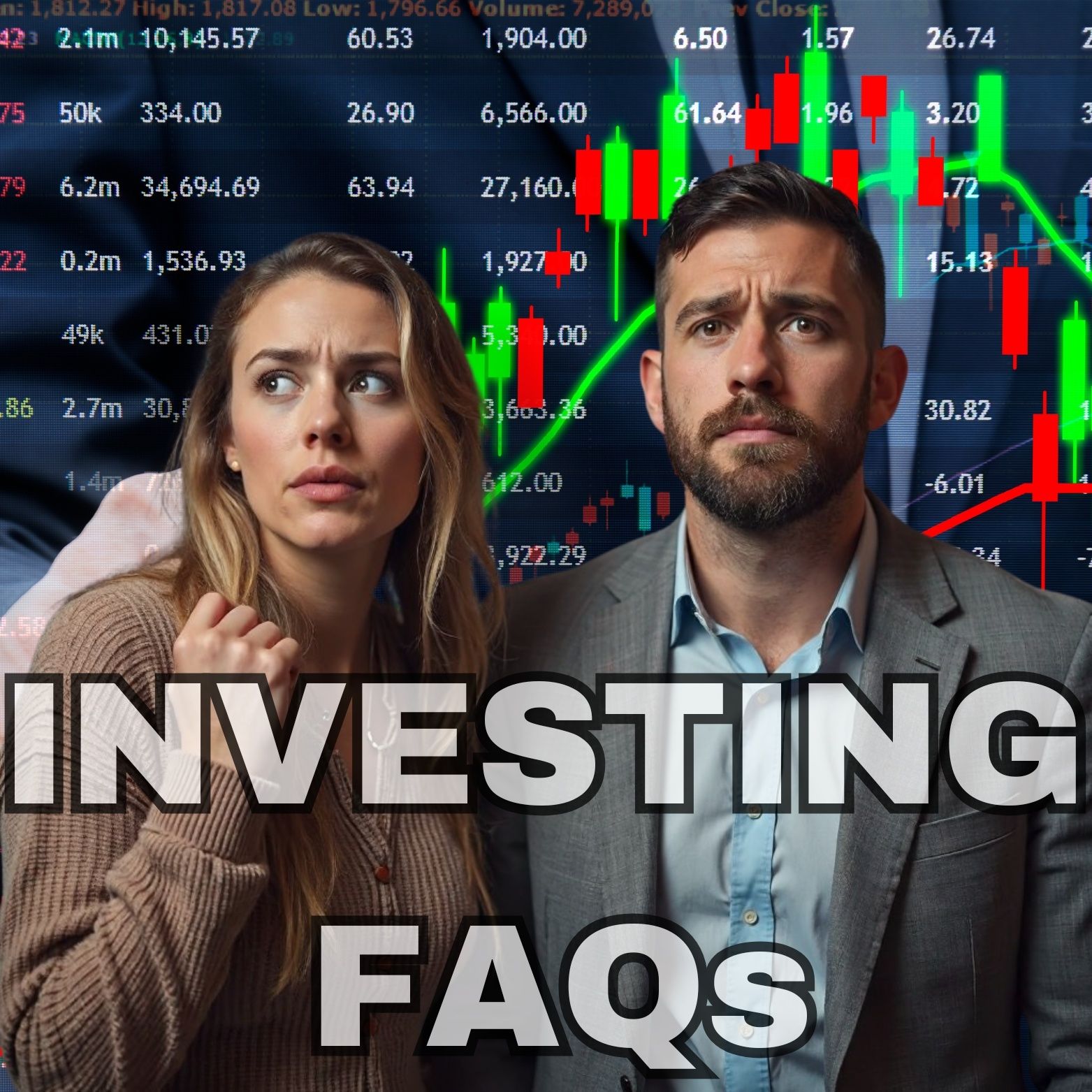
Investing FAQ
Hey there, future investor! Feeling a bit overwhelmed by all the jargon and charts? Don't worry, you're not alone. Investing can seem like navigating a jungle at first, but trust me, it's more like planting a seed and watching it grow. This FAQ is your trusty map, filled with answers to the questions everyone asks (but maybe feels too shy to admit). Let's cut through the confusion and get you on the path to financial success!
Getting Started with Investing
I'm completely new to investing. Where do I even begin?
Welcome to the club! Think of investing like learning a new language. You wouldn't start with Shakespeare, right? Begin with the basics:
- First, understand your financial goals—are you saving for a house, retirement, or just a rainy day?
- Figure out your risk tolerance. Are you a thrill-seeker or prefer a slow and steady pace?
- Explore different investment types. Our investment types guide can help!
- Use our investment calculator to visualize potential growth scenarios.
How much money do I need to start investing?
The myth that you need a ton of money to invest is just that—a myth! Thanks to fractional shares and low-cost brokerages, you can start with as little as a few dollars. Imagine it like planting a tiny seed. Even small amounts, consistently invested, can grow into a mighty oak over time. Consistency is key!
What's the difference between investing and saving?
Saving is like putting money in a piggy bank—safe, but it doesn't grow much. Investing is like planting those savings in fertile soil. It has the potential to grow much faster, but there's also a bit more risk involved. Think of saving as your emergency fund and investing as your wealth-building strategy.

Market volatility can lead to emotional decision-making
Understanding Investment Types
What are stocks, bonds, and mutual funds? And which one is right for me?
Let's break it down:
Stocks
You're buying a piece of a company. Think of it like buying a slice of a pizza. If the pizza (company) does well, your slice gets more valuable.
Bonds
You're lending money to a company or government. They pay you back with interest. It's like giving a friend a loan and getting a little extra back for your kindness.
Mutual Funds
A basket of stocks, bonds, or other investments, managed by professionals. It's like a pre-made salad—a mix of good things, already prepared for you.
Which one is right for you depends on your risk tolerance and goals. Learn more in our Investment Types guide.
What is dividend investing, and is it a good strategy?
Dividend investing is like getting paid rent for owning a property, except the property is a stock. Companies that pay dividends share a portion of their profits with their shareholders. It's a great way to generate passive income, especially in retirement. But remember, not all companies pay dividends, and those that do can change their payout. Dive deeper into the world of dividend investing on our dividend investing page!
Compound Interest & Growth
What is compound interest, and why do people say it's so powerful?
Ah, compound interest—the eighth wonder of the world! It's like rolling a snowball down a hill. The bigger it gets, the faster it picks up snow. Your interest earns interest, creating a snowball effect over time. Our compound interest page explains this in detail, and you can see it in action with our calculator!
How can I realistically save $1 million for retirement?
It might seem like a distant dream, but it's absolutely achievable with a solid plan and consistent effort. Start by understanding how much you need to save each month, and let our calculator do the heavy lifting! Time is your best friend when it comes to compounding. Check out our $1 Million Retirement page for a roadmap.
Risk Management & Common Mistakes
What is risk tolerance, and how do I determine mine?
Risk tolerance is basically how much you can stomach when the market gets bumpy. Are you the type to panic-sell at the first sign of trouble, or can you ride out the storms? It's like choosing a roller coaster—do you prefer the kiddie ride or the extreme one? Understanding your risk tolerance helps you choose investments that align with your comfort level. Our Risk vs. Reward page can help you figure this out.
How should I invest for retirement?
Think of retirement investing like planting a garden—the earlier you start, the more time your money has to grow. Focus on three key areas: tax-advantaged accounts (like 401(k)s and IRAs), diversification across different investment types, and regular contributions. Your strategy should evolve as you age, typically becoming more conservative as you near retirement. Check out our comprehensive retirement investing guide for a detailed roadmap to retirement success.
What's a Health Savings Account (HSA), and should I have one?
An HSA is like a Swiss Army knife for your finances—it's incredibly versatile! If you have a high-deductible health plan, an HSA offers triple tax advantages: tax-deductible contributions, tax-free growth, and tax-free withdrawals for medical expenses. Plus, after age 65, you can use it like a traditional IRA for non-medical expenses. It's one of the most powerful retirement tools available. Learn more about maximizing this opportunity in our HSA guide.
What are some common investing mistakes I should avoid?
We've all been there! Some common pitfalls include:
- Trying to time the market: It's like trying to predict the weather—nearly impossible!
- Letting emotions drive decisions: Fear and greed are terrible financial advisors
- Not diversifying: Don't put all your eggs in one basket
- Forgetting about fees: Small fees can eat big returns over time
Learn more about these and other pitfalls on our Common Mistakes page.